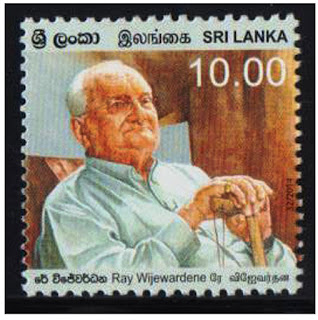Sustainability vs investment?
Last week the world’s governments adopted a new sustainable development agenda , and moved towards new ways of ‘doing development’ that if implemented, will result in new partnerships between the global north and the global south, between private corporations, national governments and international institutions, and between citizens and the state. In Sri Lanka, the year 2015 saw us embark on a new phase of governance that aims to combat political patronage and corruption, emphasise accountability, and safeguard the rights of the people and respect their right to information and to equal treatment by the state. The new regime that Sri Lankan citizens have elected into the legislature (supported also by a newly elected President) inherits a post-war society that has an average GDP growth of around 6-7%, a lower middle income status, dramatic reductions in poverty head count ratios, and a record of most MDGs achieved. But it is also a society of considerable vulnerability,

